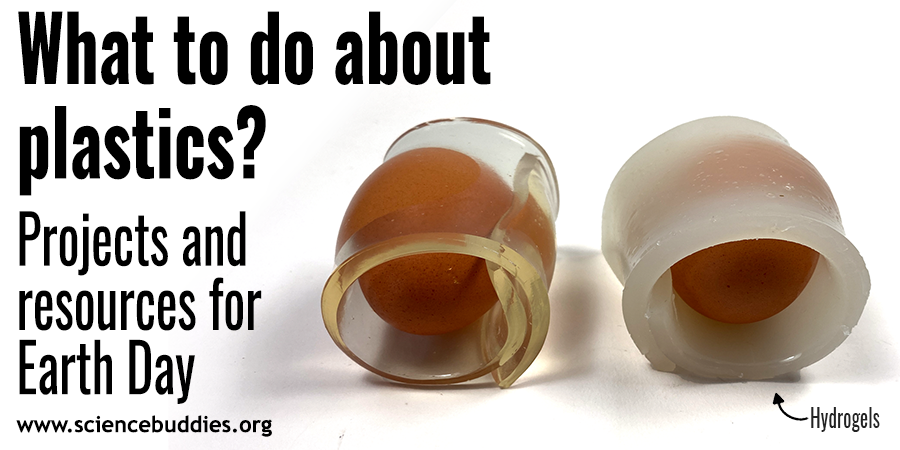A Better Cup of Tea
While I do cook my pasta the amount of time noted on the box (which may or may not be necessary), I'm one of the laziest sorts of tea drinkers. I drink dozens of cups of tea a day, and each time I follow the same highly unscientific, though orderly, process:
- I grab my cup.
- I grab a tea bag (from the "tea drawer").
- I grab my sweetener (there are science fair project ideas on that, too!).
- I rip open the tea bag and drop it in my cup.
- I rip open my sweetener and dump it in.
- I push the cup under the instant hot water dispenser.
- I fill it up.
- And then I move on with whatever I'm doing.
I don't turn on a timer. I don't look at the time. I don't lift the bag in and out to speed or spread. I don't stir. I don't swirl.
I wait a few minutes before my first sip. But even once I start drinking, I don't take the tea bag out of the cup.
I guess it means that from first sip to last, I'm getting tea of varying strength. Which do I like best? How strong is it really? How much does it change between the strength it is say 2 minutes after the tea bag is submerged in the water and a half hour later when I might drink the last drop?
I don't know. I've never thought of my tea as a budding cup of chemistry, but it is exactly that! There's a chemical extraction going on with each cup I brew. And the resulting infusion varies based on time (and based on other variables like the kind of tea I choose to drink and the temperature of the water used to steep the tea).
A look at the Wikipedia's information on tea suggests that I'm enjoying a less than perfect cup of tea by leaving my tea bag in: "Black teas are usually brewed for about 4 minutes and should not be allowed to steep for less than 30 seconds or more than about five minutes (a process known as brewing or mashing in Britain)."
How much does the tea really change? How many minutes marks the point of no return?
Thanks to a Science Buddies Project Idea geared for budding food scientists and electrical engineers among us, I can find out exactly how the strength of tea progresses over time and how it all boils down to "light" — or how "opaque" the tea is as time passes.
If you want to put your tea (or you mom's tea or your teacher's tea) to the test, you'll find out all the details here:
- How Do You Take Your Tea? Make a Simple Electronic Device to Measure the Strength of Tea (Science Buddies' difficulty: 6-7)
If I knew exactly when I should pull the tea bag out — and what difference it would make — I might change my habits!
If you're wondering about the packet of sweetener, you might also explore this Abbreviated Project idea:
- Sugar vs. Sugar Substitutes: Are They Just as Sweet?* (Science Buddies' difficulty: 2-3)
If you like your science in the kitchen, check out other Project Ideas in the Cooking & Food Science area.
Categories:
You Might Also Enjoy These Related Posts:
- Plastics and Earth Day - Science Projects
- Arduino Science Projects and Physical Computing
- 10+ Robotics Projects with the BlueBot Kit
- 5 STEM Activities with Marshmallow Peeps
- March Madness Basketball Science Projects: Sports Science Experiments
- Women in STEM! More than 60 Scientists and Engineers for Women's History Month
- Explore Artificial Intelligence and Machine Learning with Student AI Projects
- 10 Reasons to Do the Rubber Band Car Engineering Challenge









